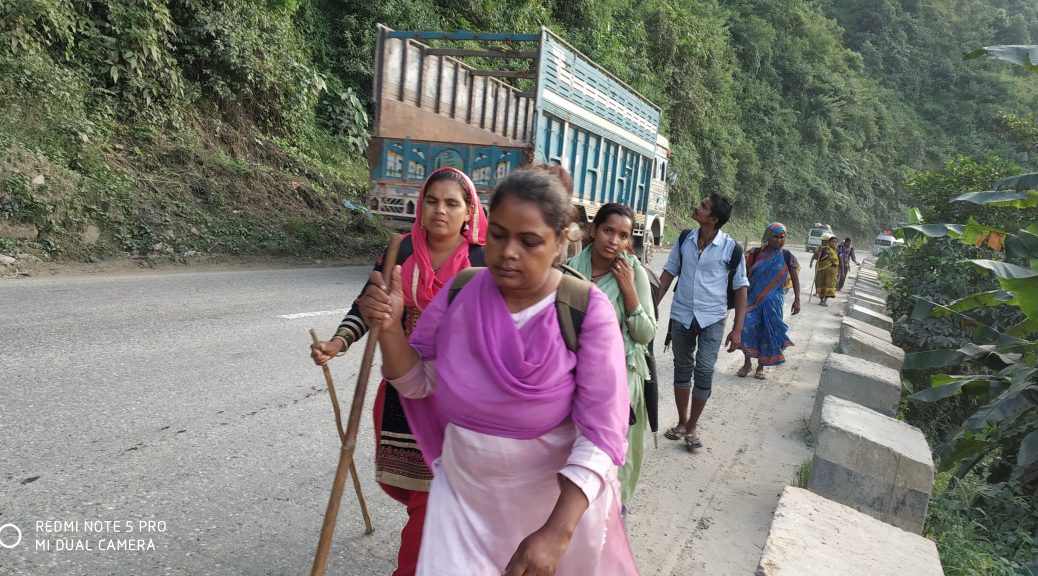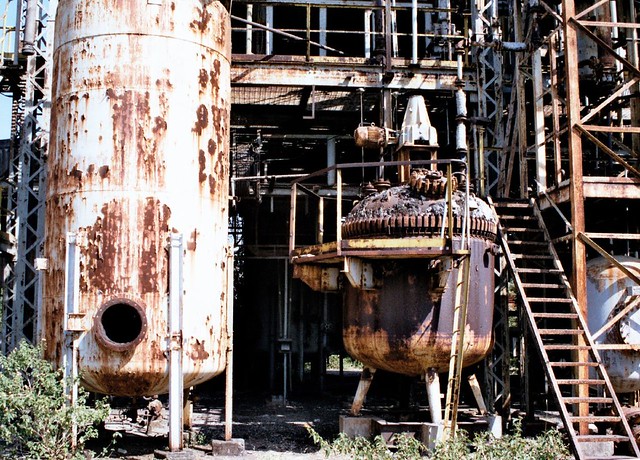Editor’s note: In Nepal, as in many parts of the world, male violence against women is relatively common, yet often goes unreported and unpunished. Today we bring you an interview with Ruby Khan, a working-class Nepali woman who marched 520km (320 miles) and helped launch a grassroots uprising for concrete policy and cultural change in response to two incidents of violence against Nepali women.
As an eco-feminist organization, Deep Green Resistance recognizes the links between the destruction of the planet and the oppression of women. Not least importantly, when women have greater autonomy and control over their lives, they chose to have fewer children, on average. Therefore, the liberation of women is not only the right path to justice, it is a necessity for reversing population growth and defending the living planet.
More broadly, the same philosophical roots underpin both patriarchy and the destruction of the planet, which creates the potential for synergistic positive effects when addressing these issues.
This interview, conducted by DGR organizer Salonika in Nepal, gives us a fascinating glimpse into the discipline, sacrifice, and hard work that goes into grassroots organizing. Continue reading Rural Nepali Women March 520km to Protest Violence and Sexual Abuse

